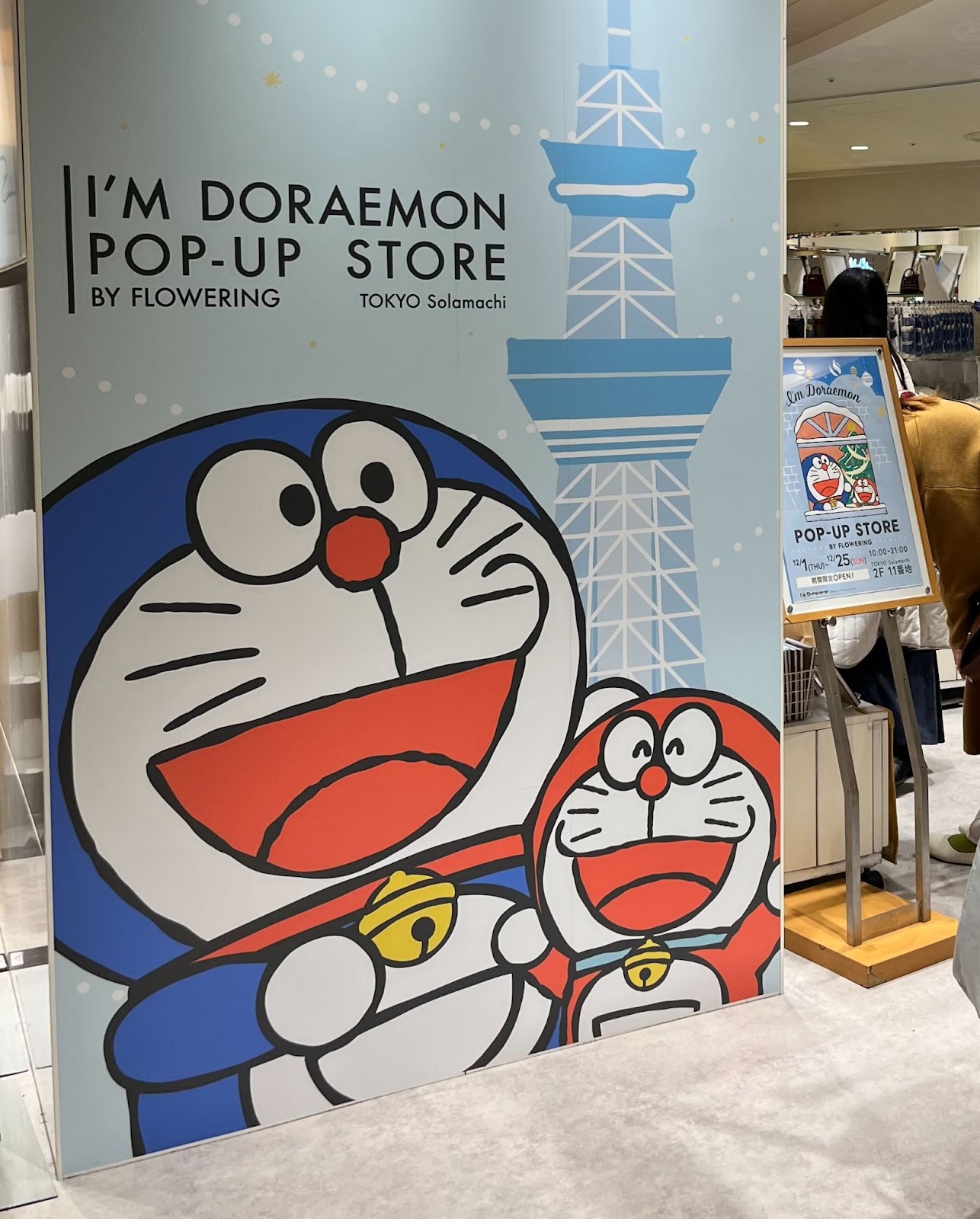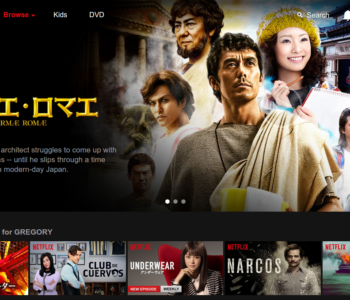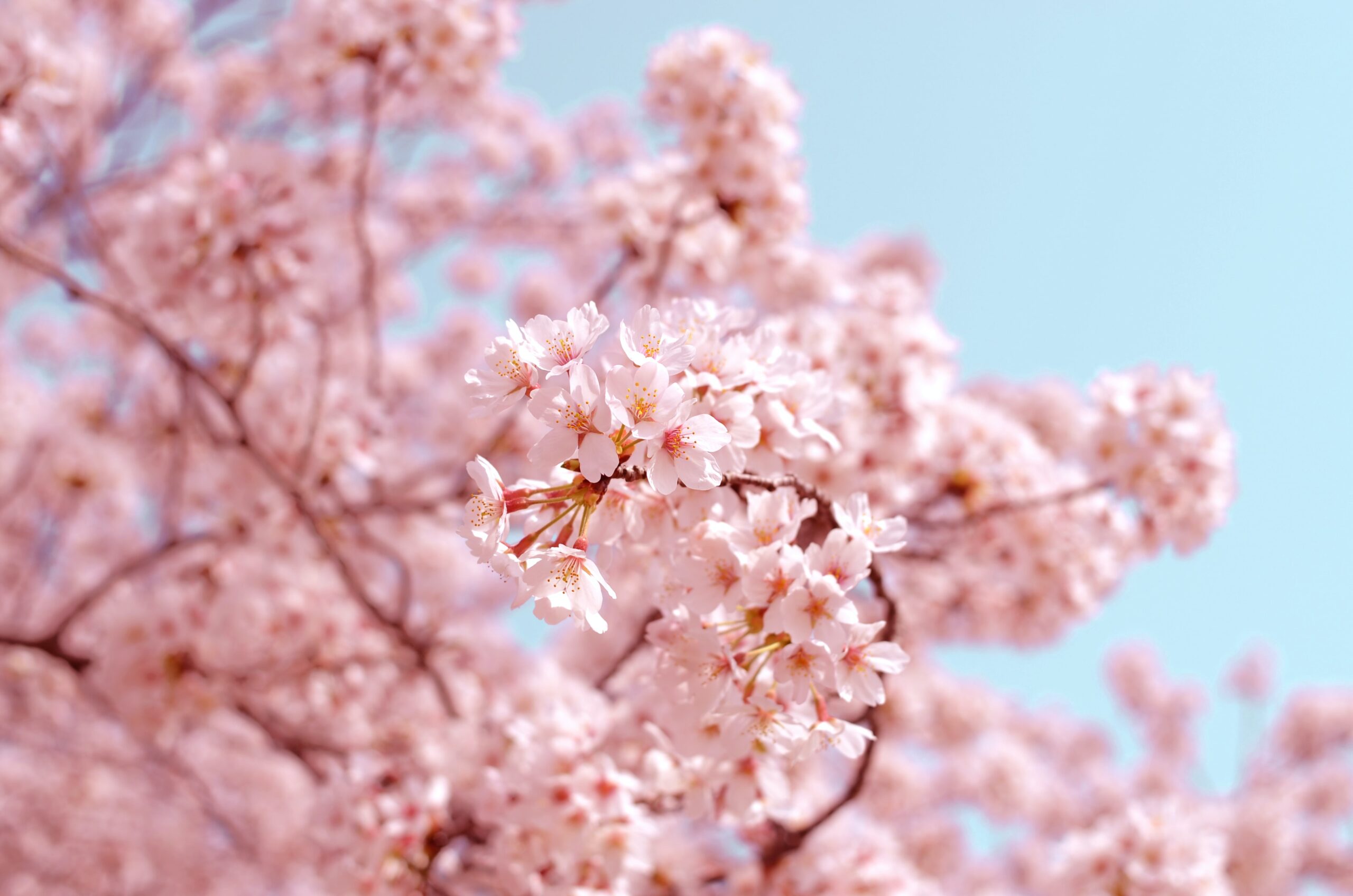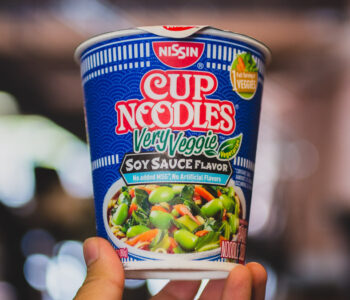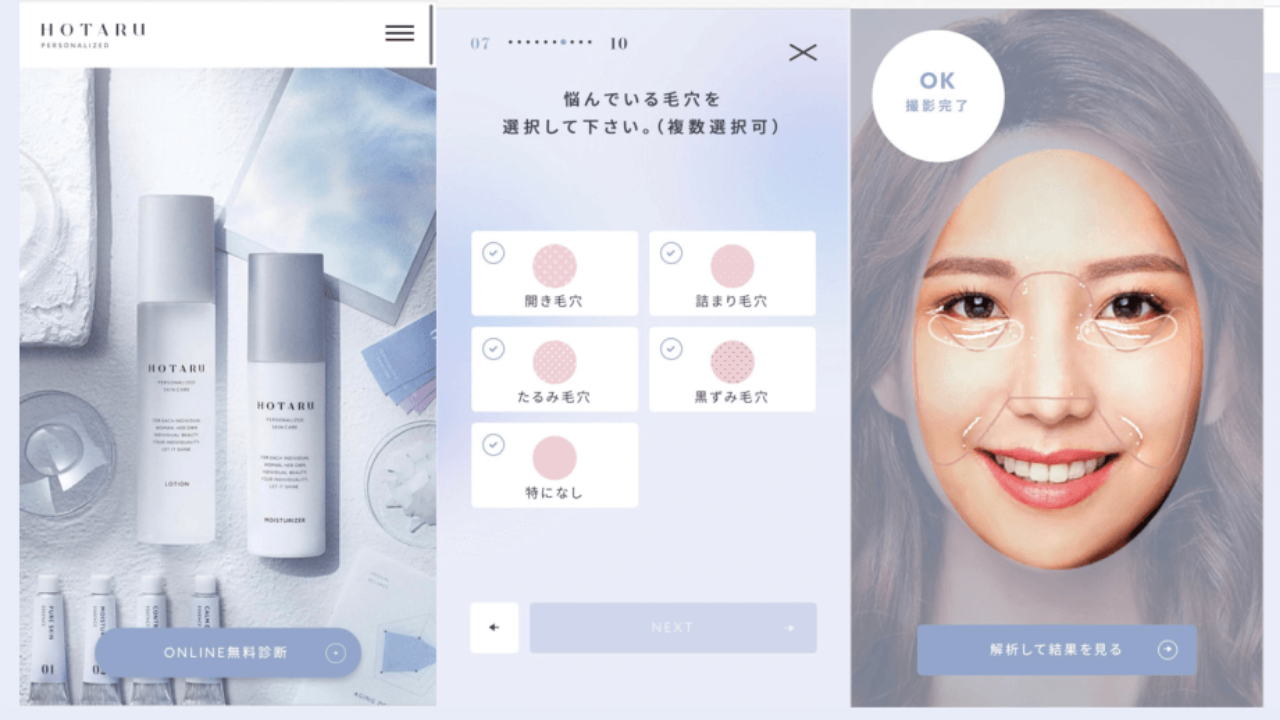 Interviews
Interviews
CBD In Japan: Insightful Interview with Japanese CBD Lawyer…
By Ken Masuno and Alexander Brown

In the 1st part of our 2-part interview series with Japanese CBD lawyer Yasuta Arashiro, Mr Arashiro paints a picture of the Japanese CBD market, explaining the existing regulations on CBD in Japan, and what the relaxation of these regulations may mean for foreign companies interested in the Japanese market.
In this 2nd part, Mr Arashiro goes deeper into the barriers currently preventing foreign and domestic companies from gaining success in the Japanese market, including issues with CBD marketing, raising public awareness, approval by official bodies, and the state of current CBD product inspection processes.
Haven’t read the 1st part? Don’t miss out – click here.
Ken Masuno (KM): I think there are many foreign companies that have entered the wider Japanese market through this difficult process, but what do you think are the barriers or factors that are preventing the successful growth of CBD companies that have already entered the market from abroad?
Yasuta Arashiro (YA): First of all, there are probably no successful foreign companies in the CBD market in Japan at the moment. Let alone foreign companies, my understanding is that there aren’t even any domestic companies that are truly financially successful, to be honest. One of the reasons for this that can be cited as unique to Japan, especially for foreign businesses, is its advertising regulations. Of course, there are advertising regulations in other countries to varying degrees.
The effects of CBD are the most important point that people want to promote. Indeed, its “beneficial effects” are its main selling point. Relating to this, in Japan, even if companies wanted to mention reports by WHO (such as those on the effects of CBD on certain symptoms) for marketing purposes, they would not be not allowed to mention them due to Japanese advertising regulations.
So, while I know that there are quite a few overseas companies that are making high quality CBD products and have solid evidence, they are in a situation where they cannot use that evidence in their marketing as they would in their home country. In addition, Japanese people have generally been educated to believe that marijuana is a complete “no-go” and they must “absolutely never handle marijuana”. In fact, the current situation is that the mass population feels a certain fear, objecting to it on a wide scale.
Given this situation, foreign companies, unable to do evidence-based marketing and with short histories in the Japanese market, end up being seen as suspicious for selling CBD. So, of course, while each company is making a lot of effort, such as creating beautiful pamphlets, helping people imagine the effects that cannot be directly mentioned, and using famous foreign models/public figures, Japanese celebrities, and influencers, as well to improve their brand image (I know of a few companies that have done this), the marketing has not gone well as people are wary of the companies and their products. I think this is the reason why overseas companies have not been able to succeed.
KM: Thank you very much. That is certainly true. I think the only way to describe it is that their hands are tied while they can’t use the evidence that is available to them.
YA: Indeed.
KM: I think that every company probably feels frustrated that they can’t communicate their products when trying to sell them. Going back to the inquiries we get at Tokyoesque, we think about the current situation and ask ourselves what we can do.
For example, in the UK, CBD is commonly available, and can be seen in many places, but I wonder if it is perhaps similar to Chinese medicine. There is a certain amount of evidence for it, but it is notably different from the kind of medicine that is made by pharmaceutical companies.
In this context, if we look at the Japanese Kampo industry, would approval by the PMDA be meaningful for the future expansion of the market for example? If it is, are there any barriers to obtaining PMDA approval? What are your thoughts on this?
YA: Yes. As Kampo are classified as medicine in Japan, if PMDA approval is granted, it will be a very positive thing if CBD products could also marketed and labelled as medicine. Marketing would also become much easier. Once a drug is approved in Japan, the approved effects can of course be promoted in advertisements, so although there will still be advertising regulations, it will be possible to market the product properly.
If a drug has been properly approved by the PMDA as a pharmaceutical product, it basically means that it has been recognised as safe and so on, so this carries a very strong authority, and I think conveying safety is very important from a marketing point of view. However, the reality is that it is not always easy to get approval.
Additionally, in Japan there is an intermediate category of quasi-drugs, which is between pharmaceuticals as approved by the PMDA and cosmetics, separate from either. These products have less intense effects than regular pharmaceuticals, but unlike cosmetics, they contain active ingredients. So things like hair-growth products or blemish serums are counted as quasi-drugs, but there is currently a movement to include CBD in these products.
There are companies that are actually trying to realise this, but what is difficult is that there is no system in Japan to analyse CBD as a substance, and therefore no evidence of its effects. As such the the first step is to create evidence and papers, which can be quite expensive. So, people still don’t honestly understand whether CBD is effective or not, and there are many large pharmaceutical companies that are fundamentally well-off or profitable at present, so some people think that there is no need to venture into this area.
This means that small and medium-sized enterprises (SMEs) with less capital are more likely to go for it, but it is difficult for them to raise money from investors and they are unable to meet the costs.
Another problem which may be specific to CBD, is that it is difficult to pinpoint the effects that cannabinoids like it have on the body as they act on various areas. This makes things surprisingly difficult.

This is something I heard from a professor of pharmacology at Waseda University, so it is hearsay, but even if you wanted to do a clinical trial to find proper evidence of “what kind of effects CBD has”, it is not easy, as there are so many areas that CBD acts on, and things do not go according to hypothesis. This is a bit of a special situation, which hinders the creation of evidence. So in this respect, before PMDA approval, there is the issue with CBD itself and the lack of testing institutes/people in Japan familiar with the substance.
Also, there no companies that can take up the costs involved gathering evidence, so PMDA approval is not very realistic at this point in time. However, I think there is a possibility if the law is amended or if CBD becomes more common. Personally, I am hoping for that (laughs).
KM: Understood. Indeed it seems most likely that amendment will be the ‘big bang’ of sorts, after which the capital will come together. Thank you.
I also understand that there are regulations on online advertising of CBD products in Japan, which is of course a loss of opportunity for CBD product sales and also for raising awareness of the companies themselves in Japan. Other than the previously mentioned issue with stating the effects of CBD, what are the reasons for these online regulations?
YA: Well, in terms of what you just mentioned, Google, Meta, Tiktok and other such browsers and media platforms that most people use when online, (including other social networking sites, search engines, etc.) prohibit advertisements related to CBD. The reason for this is really simple: it is a substance derived from cannabis. So, surprisingly, international platforms such as Google and Meta have banned the promotion of cannabis-derived products globally because there are still countries where cannabis is illegal. If anything, the total number of countries where it is illegal is still higher. So in Japan too, the rules apply and advertising is banned. The same goes for Tiktok. That is how it is regulated.
However, trends have been changing recently, and in January and February of this year, Google deregulated CBD-related advertising in California, a state where cannabis is legal, on a trial basis. So, there is a global trend of being more open to CBD, and it is predicted that this trend in online advertising will probably come to Japan as well.
KM: I see. It seems that the trend is gradually changing, on a global scale too.
YA: You are absolutely right.
KM: While as you mentioned prior, a lot more will be possible once deregulation takes place, is there anything else you can tell us about the CBD market in Japan other than what has been mentioned so far?
I think the market will grow in the future, and there are many CBD companies looking to the Japanese market when considering expanding in Asia due to China’s regulations. Is there anything else you can think of that would help Japan grow even more quickly?
YA: Well, I am always thinking hard about this with my clients, but the first point is that the general awareness of CBD itself is still very low. Being in the industry, I have the illusion that everyone on the street knows about CBD, but in reality this is not the case, and if you ask 10 Japanese people, only 1 will be familiar. So I think that expanding awareness of CBD will be one of the factors for the market to grow in Japan.
As for how we can expand awareness of CBD, well, this may slightly overlap with the deregulation mentioned earlier, but if, for example, the ban on digital advertising of CBD products is lifted and the general public sees it as an ingredient more often, awareness can be raised. And if a big company enters the market, they will spend marketing costs to spread consumer awareness, so I think that will be quite important.
Also, although this may again slightly overlap with the level of awareness of CBD itself, it is important to dispel any suspicions about CBD itself, and to foster an understanding that although CBD is a cannabis-derived ingredient, it is not the same as the cannabis people often think of. I think that if understanding of CBD becomes more widespread, there will be a lot more options available.
Finally, there is the issue of prices. I believe the price of raw materials has dropped to about a quarter, maybe even a third, of what it was when I first started working with CBD. However, import costs and the special care required for importing to Japan means that the cost of sales remains high. As such, it is hard to lower the price of products.
For example, a pack of five CBD gummies now costs 2,500 or 3,000 Japanese yen, which is a little bit higher than in the UK. Generally in Japan, the price of normal gummies is usually between 100 yen and 500 yen at the highest, but the moment CBD is added, the price goes up to 2,000 yen or 3,000 yen. This can go up to 5,000 yen, depending on the product. Resultantly, they seem expensive if thought of as “gummies”, and this discourages people from purchasing.
As many may be aware, CBD is not something where you feel the effects from the moment you ingest it. There are a lot of people who say, “I paid a lot of money, but don’t feel anything”, or “I heard it’s derived from cannabis so I expected a bit more, but it’s nothing like I thought it would be”. Each person has their own different correct dose, and it is important to take it continuously, but there are people who do not reach that point and end up stopping early. There are those who feel thoroughly disappointed by CBD as a result, and so it is important that the price is lowered so it is easy to take continuously.
So, the three factors I have just mentioned are: increasing awareness of CBD, spreading understanding of CBD and, lastly, lowering the price of products. If we have these three factors, I think they could drive the CBD market to grow. Of course, the bigger issue of deregulation is relevant here and can’t be forgotten, but in a different context, I think this would be the case.
KM: Understood – thank you very much. You mentioned earlier about testing in Japan, how Japan regulates CBD based on the part of the cannabis plant it comes from and requires special checks as a result.
We have had inquiries from companies already making sales to some degree in Europe and America, who look to Japan when considering their expansion into Asia. If there are any particular points that such overseas companies should pay attention to, please let us know.
YA: In Japan, an ingredient analysis report must be submitted when importing into the country, so overseas companies must submit this when exporting to Japan in order to confirm that the CBD raw materials do not contain THC. This is something that foreign companies should take particular note of.
Additionally, there are actually no regulations on what kind of inspection body is required to carry out inspections, so there are inevitably differences in quality. This question isn’t really asked in Japan, which to be honest, I find questionable. However, companies should be careful that there are basically no set standards for inspection bodies.
One thing you have to be careful about is the Limit Of Quantitation (LOQ) (which is the fixed quantifiable limit during tests), and the Limit Of Detection (LOD). Some ingredient analysis reports only state the Limit Of Quantitation, however, Japan does not recognise this, so it is best to be careful. In Japan, as proof that no THC is contained, it is necessary to state the LOD, and show that THC levels are below detectable levels. So, I would like foreign exporters to be careful about this when exporting to Japan.
Also, there are sometimes cases in which after products have been exported to Japan, the Ministry of Health, Labour and Welfare hold investigations following reports suspecting that the products may contain THC. There are also times when the Japanese police investigate CBD products on suspicion that they contain “cannabis”. No matter how much you say at the time of importation that there is no THC in the product, you may be arrested if it is detected. You may also be told by the Ministry of Health, Labour and Welfare that THC was detected in a particular batch being by a particular manufacturer, and asked to be recall the product.
In this respect, I think it is necessary to make efforts to reduce the THC content as close to zero as possible.
KM: I see. We receive some enquiries stating that they would like to send a sample first, and would like to find a Japanese business or distributor to help sell their products in Japan. We also receive enquiries from companies that are very confident in their products, and believe that buyers will understand if they just send them a sample to try.
Am I correct in understanding that the procedure is exactly the same for samples? That in Japan, the importer must first be identified and decided upon, and only after they have gone through the procedures in Japan to prove that the tested product contains no THC and only the stem/seeds have been used, can the sample be received?
YA: Yes, that is my understanding. So even if you export a small amount, you are required to go through that process, which is quite heavy.
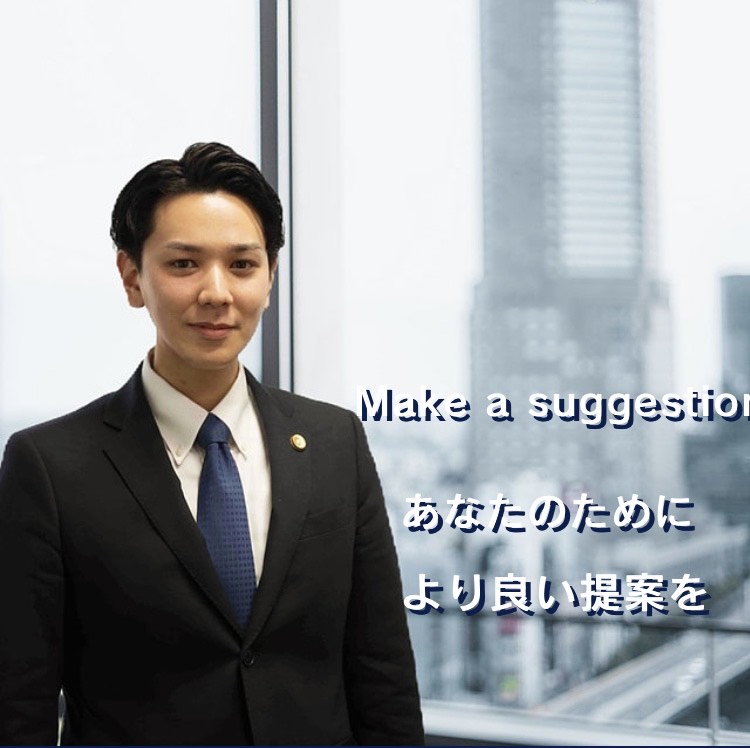
KM: Thank you. Going back to the topic of deregulation, if it goes ahead as currently anticipated, companies will no longer be required to prove that they only use stems/seeds, meaning one less thing to do from their perspective. But do you think there will be any other impacts of deregulation, for example in inspections or other contexts?
YA: Good question. There will be changes with the introduction of ingredient-based regulations. The Ministry of Health, Labour and Welfare (MHLW) had some difficulties in reducing the residual THC to 0.00 PPM because of the considerable costs involved. So, like as we see with alcohol, where even when products are labelled as having 0.0% alcohol content there may technically be a small quantity remaining, there is a movement to seek a “lower limit” within which there is no effect on the human body.
In terms of product inspections, inspections that can detect below the limit (once set) will be absolutely necessary in my opinion. I think that the demand for product inspections will increase considerably in Japan in the future. This is quite important, as while there are frankly still no bodies in Japan that can carry out there inspections, nor guidelines on the standards that need to be met, the ingredient regulations focus on the ingredients themselves. The Ministry of Health, Labour and Welfare stated in an interview that they intend to develop such systems in the future, but this is basically still undecided.
There is also the problem that there are no companies in Japan that can handle such ingredient-based inspections. Additionally, questions are being raised of what standards should be set/what kind of international planning procedures there might be if inspections were sought to be done overseas. So, I think that these aspects will be influenced by regulatory relaxation of product inspections. As for costs, the higher the requirements, the fewer the places there will be that can carry out the inspections, so I expect that the costs will tend to be higher due to competition.
However, honestly, the content of the inspections themselves will not change much – I don’t think there will be a big impact there. The most important thing in deregulation is whether or not the state will properly indicate what “level of inspection” is required. This has not yet been decided, so I think that will be the deciding factor.
KM: Thank you very much. That’s all the questions we have prepared, so thank you very much for your time today.
YA: Thank you very much for having me.
KM: Finally, I was wondering if you could tell us about any resources, for example websites or social networking accounts, that you use to gather information in your work as a CBD lawyer in Japan, if you don’t mind me asking.
YA: Of course. When it comes to information gathering, I am a lawyer, so I have to go to first-hand information. So, this may not be an interesting answer from me, but I gather information mainly from the Ministry of Health, Labour and Welfare, through conferences with experts, study groups and so on. I also collect information that doesn’t often appear on social media, such as materials submitted by parliamentary groups and materials from study groups attended by parliamentarians.
As for social networking sites, to be honest, I don’t think there are many useful accounts for gathering information at the moment. I would however be happy if readers would follow me on Twitter, as I am quite active on there. I personally keep an eye on what lawyers that handle marijuana are doing in the US. There is a well-known US lawyer from North Carolina called Rod Kight, and I have been following his website.
KM: Thank you very much.
Biography: Yasuta Arashiro
Yasuta Arashiro is a Japanese lawyer at Ci Sei Law Firm in Tokyo, specialising in medicine, e-commerce, advertising and CBD. Having gotten involved in CBD law around 3 years ago, he has quickly become a leading expert in the field, and continues to keep on top of the latest developments in the Japanese CBD space. You can visit his website here, or follow him on Twitter here.
On the subject of healthcare culture in Japan, why not check out our previous blog post all about agetech in Japan? If you’re interested in conducting research on the healthcare sector let us know.
We’ll be adding more healthcare-related articles on Japan in the future, so keep checking back or follow us on LinkedIn, Facebook or Twitter to get notified about our latest posts!



